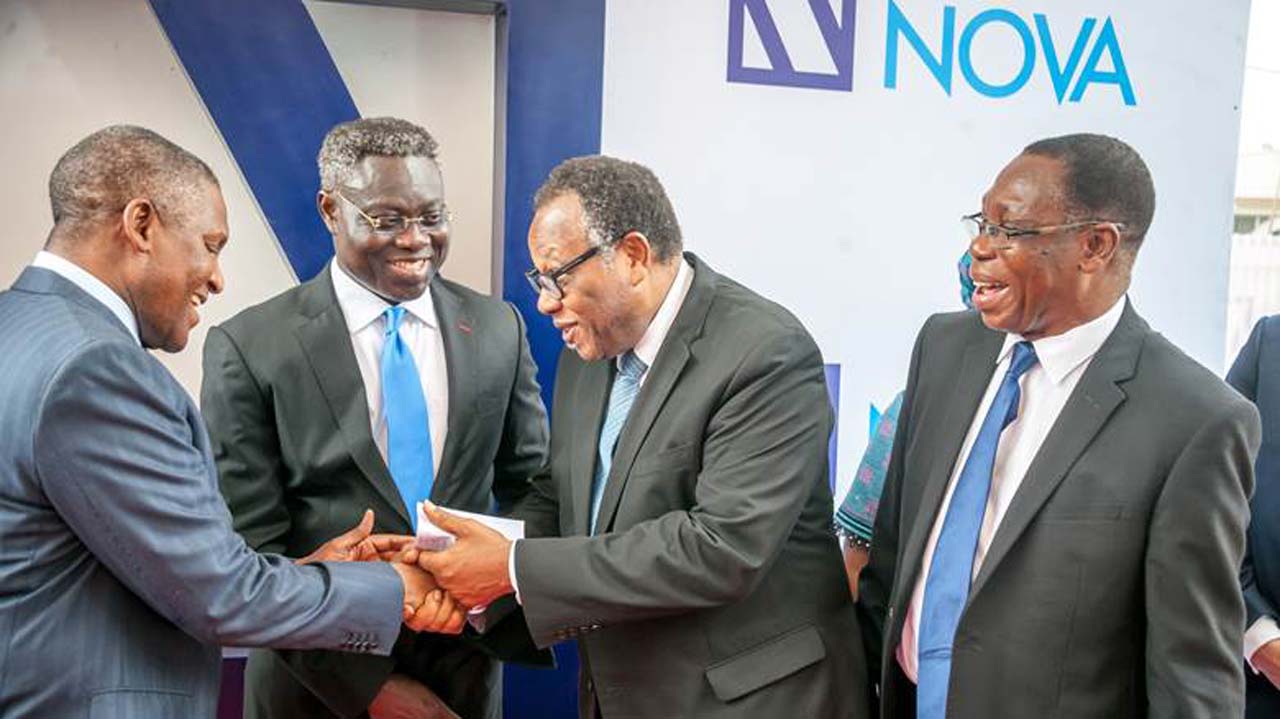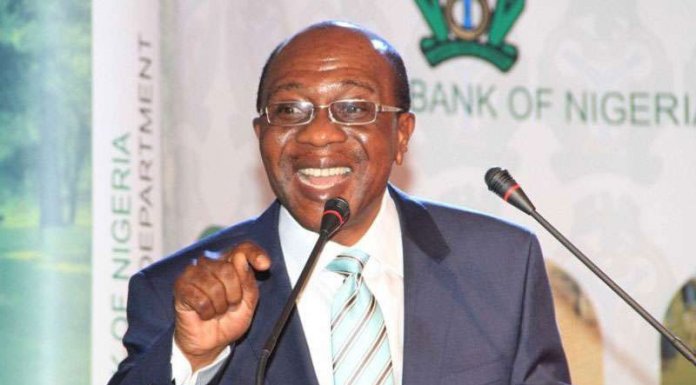Fresh strange developments seem to be trailing the ongoing determination of the destiny of embattled telecoms group, Etisalat this week.
Latest on Wednesday indicates that the consortium of 13 banks, involved in Etisalat Nigeria’s $1.2bn loan has changed its game, seeking the Federal Government’s intervention to investigate the management and use of the facility in the first instance.
A dependable source in the know of the goings on, confided on Business Hilights on Wednesday that the banks want the government, through the Economic and Financial Crimes Commission (EFCC), to wade into the matter.
According to the source, the banks are now seeking to know more on what Etisalat actually did with the syndicated facility within the period under review as world over, the essence of fund injection to telecoms networks is to up earnings by infrastructure expansion.
The new angle of anxiety may not be unconnected with new wing of allegations that the loans were siphoned or diverted, thus prompting the need to be investigated by the EFCC, as there was no earning or rise in subscriber base to prove what the company did with the loan.
Investigations by Business Hilights however, tends to give credence to the banks’ decision to really find out if ever the embattled telecom firm invested the loan for what it was intended for in Nigeria in 2013 which was network development to grow subscriber base and earnings after all. However, result of the findings tends to support the fears of the banks as there was nothing to show for it
Generally, just as the target of every fund injection to a business, especially telecoms, is to grow earnings by way of boosting subscriber base, Etisalat subscriber base as at 2013 when the loan was accessed stood at 17,035,276, which is about 14 per cent of the Nigerian mobile market share, data released by Emirates Telecommunications Group Company PJSC, its foreign stake owner with 44% shareholding, indicated that the mobile carrier just added a paltry 3,774,613 million to stand at 20,809,889 subscribers as at Q4 in 2016.
Then, the puzzle banks’ are working to resolve with the new twist is how the money was used and to further determine why the only effect made by a whopping $1.2bn injection was just to raise subscriber base by 3,774,613 in four years.
The above analogy was further buttressed by details from the Nigerian Telecommunications Sector Summary Report: December 2016 which showed that “the largest quarterly increase recorded by any GSM provider was Airtel, whose number increased by 4.09%, from 32,775,916 to 34,116,409. By contrast, Etisalat recorded their largest quarterly decrease in subscriber numbers yet, of 7.65%, and were the only company to record a decrease in December”.
“As a result, there were 20,809,889 Etisalat subscribers, compared with 22,534,800 at the end of the last quarter. Globacom and MTN had 37,357,843 and 61,840,461 subscribers respectively, and recorded quarter on quarter growth of 1.06% and 2.12%.
“Broadly speaking, the year on year performance was similar to the quarterly performance of GSM providers. Etisalat was the only provider to record a decline in subscriber numbers, of 1,351,401, or 6.10%. Airtel gained 1,848,108 subscribers, a yearly increase of 5.73%. MTN gained 588,704 subscribers, an increase of 0.96% year on year. The largest yearly increase in the number of subscribers however was Globacom, who recorded an increase of 4,358,459 subscribers, or 13.21%. This accounted for 80% of the total increase in GSM subscribers, despite MTN remaining the larger provider.
Continuing, the report added that “These trends did not change the overall ranking of GSM providers in terms of size. MTN accounted for 40.12% of subscribers; a slightly smaller share of the market than at the end of 2015, but larger than in any intervening quarters.
Etisalat also recorded a decline in its market share relative to the previous year, and in December 2016 accounted for 13.50% of subscribers”.
Business Hilights gathered that trouble started for Etisalat, when all viable options rolled out by the banks for Etisalat to agree for loan restructuring was rejected.
The source noted that “All we want is to recover the loans; we cannot write off the loans as being demanded by Etisalat, because the company is viable”.
Etisalat had wanted the banks to write off the loan as non-performing, which was rejected because the company was doing well.
UAE’s Etisalat on June 20 said that it had been instructed to transfer its 45 percent stake in Etisalat Nigeria to a loan trustee.
Etisalat said it had been notified to transfer its stake by June 23. It said the stake had a carrying value of zero on its books.
Business Hilights recalls that in the last three months, Etisalat Nigeria had been in talks with the consortium of banks, to restructure a $1.2bn-dollar loan, after missing repayments.
The loan is a seven-year facility, agreed with 13 banks in 2013, to refinance a $650m loan, and fund expansion of the telecommunications network.
Although the Nigerian Communications Commission (NCC), and the Central Bank of Nigeria (CBN), stepped into the fray to prevent a takeover by the banks, those discussions failed to produce an agreement on restructuring the debt.









